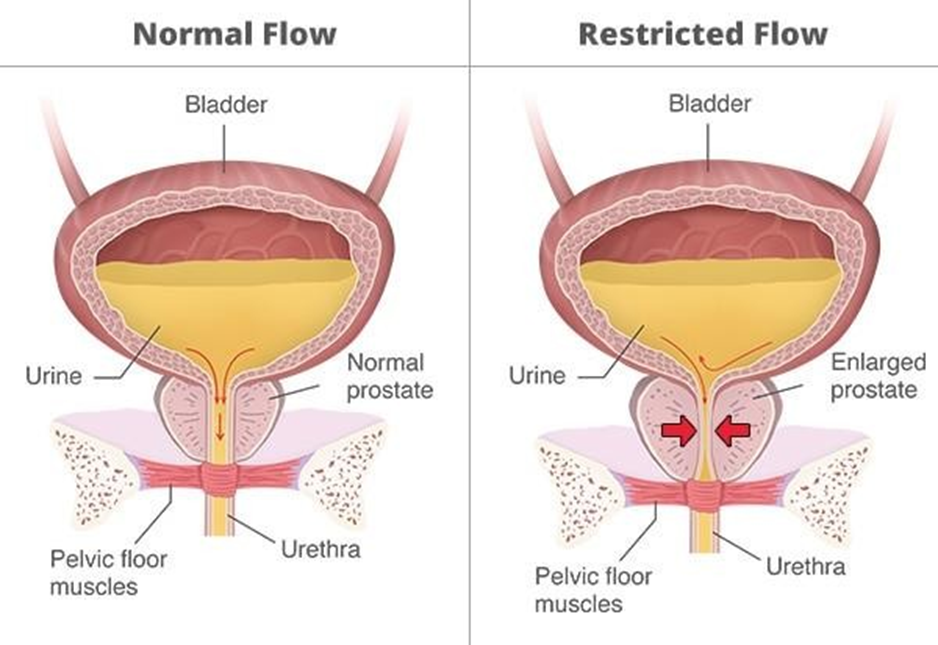A nurse is preparing to discharge a client who has end-stage heart failure. The client's partner tells the nurse she can no longer handle caring for the client. Which of the following actions should the nurse take?
Contact the case manager to discuss discharge options.
Recommend the partner place the client in a long-term care facility.
Request another family member assist the client's partner with care.
Ask the provider to delay the client's discharge home for a few more days
The Correct Answer is A
A. Contacting the case manager is crucial to explore various discharge options and ensure the client's needs are met appropriately.
B. Recommending long-term care should be considered after exploring other options and assessing the client's specific needs.
C. Requesting assistance from another family member is a potential option but should be explored in conjunction with other solutions.
D. Delaying discharge might not address the partner's inability to provide care and doesn't explore alternative solutions.
Nursing Test Bank
Naxlex Comprehensive Predictor Exams
Related Questions
Correct Answer is C
Explanation
A. Cooperating involves finding a middle ground and working together, which isn't reflected in the manager's unilateral decision-making.
B. Collaborating involves working together toward a solution that accommodates various perspectives, which isn't the case here.
C. Competing involves asserting one's own concerns at the expense of others' viewpoints, which aligns with the manager's decision to implement changes regardless of opposition.
D. Compromising entails finding a middle ground that satisfies all parties involved, which isn't evident in the manager's decision-making process.

Correct Answer is B
Explanation
A. A client who has peripheral vascular disease and has an absent pedal pulse in the right foot is not the highest priority because this is a chronic condition that does not pose an
immediate threat to the client's health. The nurse should monitor the client's circulation, provide education on foot care, and encourage smoking cessation if applicable.
B. This client is at risk for urinary retention, which can lead to bladder distension,
infection, and renal damage. The nurse should assess the client's bladder, perform a
bladder scan, and notify the provider if indicated. This is the most urgent situation that requires immediate intervention.
C. A client who is newly diagnosed with pancreatic cancer and is scheduled to begin IV chemotherapy is not the highest priority because this is a planned procedure that does not require immediate action. The nurse should prepare the client for chemotherapy, provide emotional support, and teach the client about potential side effects and complications.
D. A client who has methicillin-resistant Staphylococcus aureus (MRSA) and has an
axillary temperature of 38° C (101° F) is not the highest priority because this is a sign of infection that can be managed with antibiotics and infection control measures. The nurse should administer the prescribed antibiotics, monitor the client's vital signs, and
implement contact precautions.

Whether you are a student looking to ace your exams or a practicing nurse seeking to enhance your expertise , our nursing education contents will empower you with the confidence and competence to make a difference in the lives of patients and become a respected leader in the healthcare field.
Visit Naxlex, invest in your future and unlock endless possibilities with our unparalleled nursing education contents today
Report Wrong Answer on the Current Question
Do you disagree with the answer? If yes, what is your expected answer? Explain.
Kindly be descriptive with the issue you are facing.
